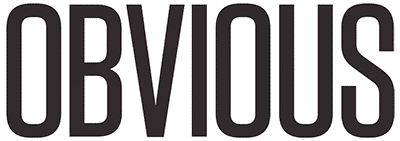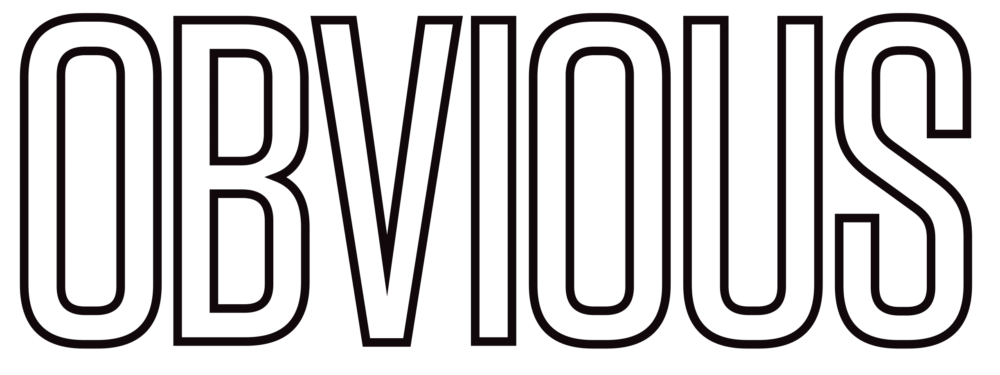While on Tiktok one late evening, @blkgrltragic (Sierra) popped up on my FYP (For You Page). Immediately hooked to her sarcasm, boldness, and storytelling, I wanted to hear this Black woman’s joys and pains while freeing herself.
As a Black man who prides himself on being in solidarity with Black women who are our mothers, aunts, grandmothers, sisters, and friends, #BLKGRLTRAGIC helped me become better a listener to the needs of Black women in my life and, in general telling their truth transparently.
I’m proud to present this exclusive interview with this fellow Black Content Creator.
There’s this pressure on other social media platforms to maintain a specific appearance, but on TikTok, you can shamelessly be yourself. And that’s what I am. Dark-skinned women like me were always denied protection by our peers because we were dark and darker skin wasn’t in back then.
– Sierra Thompson, Podcaster: BLKGRLTRAGIC

BLKGRLTRAGIC Interview
I love your TikToks. What inspired you to start your TikTok page?
I remember there was a lot of hype around this new platform called Tiktok. I started just watching videos, and then I decided to make a video of my own for some reason.
My very first videos didn’t really pop off, but I wasn’t in it for that. I was just having fun. Then I made a few videos about classic black movies, which did really well. So then I just kept making content. And people were saying, “OMG, you’re so relatable,” and that boosted my confidence, so I guess you could say my followers inspired me to make content.
You are very consistent with your messaging and tone. Is this on purpose?
It is not on purpose. The key to having a consistent message and tone is just being authentic. And that’s what I am when I make content. I am as authentic as possible. And I know I can be. There’s this pressure on other social media platforms to maintain a specific appearance, but on TikTok, you can shamelessly be yourself. And that’s what I am.
Recently you took a break from TikTok. Can you explain why?
I was falling into the influencer pit. I was getting less authentic because I was chasing followers, views, and likes, which wasn’t healthy. I never wanted to be an influencer. That’s not something I’ve ever been interested in. I’m not built for it. So I took time off to focus on my real-life goals. I wanted a tech career. And I took enough time off that I could prepare myself for that. And I did. And it worked, and I got a career in tech.
What are your pronouns?
My pronouns are she/her.
You are very adamant about protecting Black women while being a Black woman. What started this conversation?
As we often do, my mother and I talked, and I remember telling her about my experience in high school and that I never, ever felt protected. Not by anyone. Not even my closest friends.
Dark-skinned women like me were always denied protection by our peers because we were dark and dark skin wasn’t in back then. It was still taboo. So now:
- I go hard for Black women because I never had that.
- I want other Black women to have that.
- I want other Black women to feel that.
- I want other Black women to promote that.
What do you dislike most about Tiktok?
It can get really toxic, just like with any social media platform. People can hide behind fake profiles and make incendiary comments, racist comments, and hurtful comments, and it often goes unchecked by TikTok.
What do you love about Tiktok?
So many things. The good outweighs the bad, I think. Tiktok has given a voice to the voiceless. Another thing Tiktok has done is popularize the whole super short choreo-thing. I’ve never felt like dancing was accessible to me until Tiktok.
TikTok has everyone, young and old, doing these really short choreographies and absolutely slaying them. Tiktok made dancing accessible to the average everyday person.
You talked about being sexually assaulted. How did that unfortunate situation change and empower you?
The situation really opened my eyes to the reality of being a young woman – a young Black woman, a young, Black, dark-skinned woman. It gave me the tools to speak on SA, specifically SA, about Black women, the least protected demographic in America.
Referring back to the question about what inspired me to start making content, I can also say my experience with SA did. I want to protect Black women because I know what it’s like to feel unprotected.

Congratulations on your new podcast, ‘Blk Girl Tragic.’ Recently, you posted on Instagram you are looking to change the name. I like it metaphorically and what’s happening to Black women is tragic. When are you looking to reboot your podcast?
I’m looking to reboot my podcast this summer. I have my new career, and I want to get settled before I commit to recording any more episodes. I do like the name, but I try not to get too attached because I am constantly changing.
A friend of mine was like, you’ve got to be more positive, and I’ll even get comments from people saying you’re so negative all the time. And you know what, I agree to some extent.
Most of all, though, I think the name ‘blkgrltragic’ for my podcast puts Black women in this box of being tragic all the time, and it leaves no room for empowerment.
I recently made a video about femininity from a back woman’s perspective. Many women resonated with that, so I wanted to hone in on that and talk about that more with the new and improved ‘kinda feminine’ podcast that’ll be resuming this summer, 2022.
Often when Black women speak up for themselves, there’s a lot of pushback. Have you experienced any issues?
Absolutely! But I haven’t experienced as many issues as some other Black women I know who are very outspoken about their experiences as Black women. I’ve had men call me everything but a child of God. I’ve had men tell me to kill myself. But that’s the risk of being outspoken and online.
What’s your definition of a ‘true’ ally for BIPOC (Black Indigenous People Of Color) people?
A true ally for BIPOC people is someone who listens without bias. And that’s hard because we all have biases that make it hard for us to listen to other perspectives.
A woman came into my comment section to tell me that I was inflating my experience. She said that what I was experiencing probably wasn’t as bad as I made it out to be, and she was a follower of mine! So you see, there’s a disconnect.
Everyone’s talking, and no one is listening. Allies need to listen to understand, and they need to step back and wait their turn to speak because the voiceless deserve a voice FIRST. I hear many people say that we have no true allies, and as harsh as that sounds, I get it.
Everyone is so hyper-focused on their own oppression, real and imagined, that they have difficulty stepping back and seeing the bigger picture.
What can Black men do to support and empower you as a Black woman?
Provide mental and physical safety to Black women. Most importantly, mental safety because not every Black man has the space to protect black women physically. Black men should offer a space to black women that is safe. Black men need to do their part in dismantling White Supremacy and openly rejecting European beauty standards and the demands of living under a patriarchal system that especially disenfranchises Black women.
@blkgrltragic Find value y’all. #MaiselChallenge #blackvoices #blackhistorymonth #fyp #womenempowerment #byefornow ♬ original sound – Sierra
Stay Social with BLKGRLTRAGIC
I am accessible on most social media platforms such as Instagram: @blkgrltragic. On Twitter, I am @blkgrltragictoo.
My podcast blkgrltragic: a podcast is available on most streaming platforms, Spotify, Apple Podcasts, and Amazon Prime Podcasts.
There are five episodes available right now.
Want the latest posts, offers, and exclusive content straight to your inbox? Subscribe to our newsletter and never miss out again. See more Culture here.



